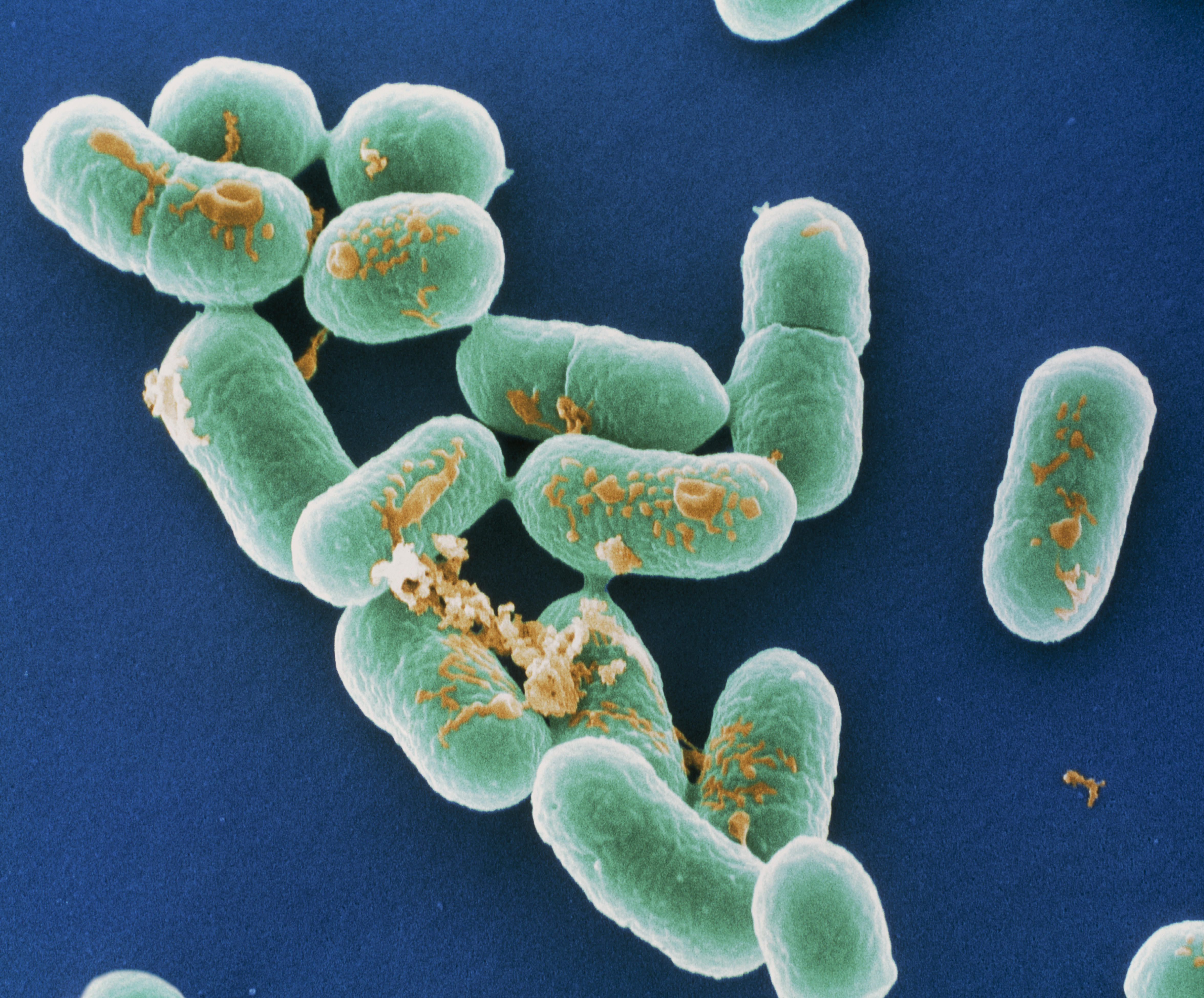
A food-borne disease, listeriosis is caused by infection with the bacterium listeria. The bacteria can be widely distributed in soil, water and vegetation, resulting in food contamination. Since January 2017, about 180 people have died from the disease in South Africa.
What are the symptoms?
• Flu-like signs
• Diarrhoea
• Fever
• Body pain
• Headache or confusion
The Department of Health has issued a warning against listeriosis and encourages anyone experiencing any of the symptoms to seek medical attention immediately. Though the disease is treatable and preventable, it is life-threatening if left too late as it infects the blood and brain.
See Also: 5 tips to keep your vagina clean
Who is at risk?
Anyone can get listeriosis. However, the following are at greater risk:
• Pregnant women
• Newborn babies
• The elderly
• People with weak immune systems, including those who suffer from HIV, diabetes, cancer, kidney and liver diseases.
How to prevent infection and stay safe
• Basic hygiene – wash your hands before and after handling food.
• Wash raw food thoroughly before eating.
• Keep any cooked food in the fridge within at least two hours of preparation.
• Avoid unpasteurised products such as raw milk as well as soft cheese like feta.
• Check the expiry date on perishable food.
• Thoroughly cook your food (stay away from soft eggs or half-done meat); it is better to overcook than to undercook.
• Avoid processed meat such as polony, viennas and Russian sausages.




